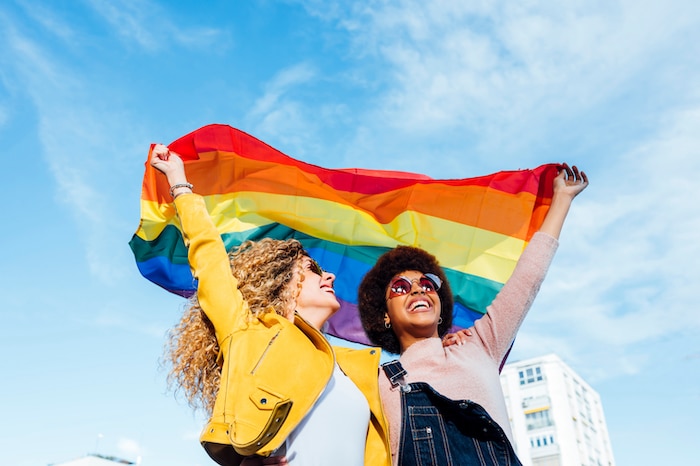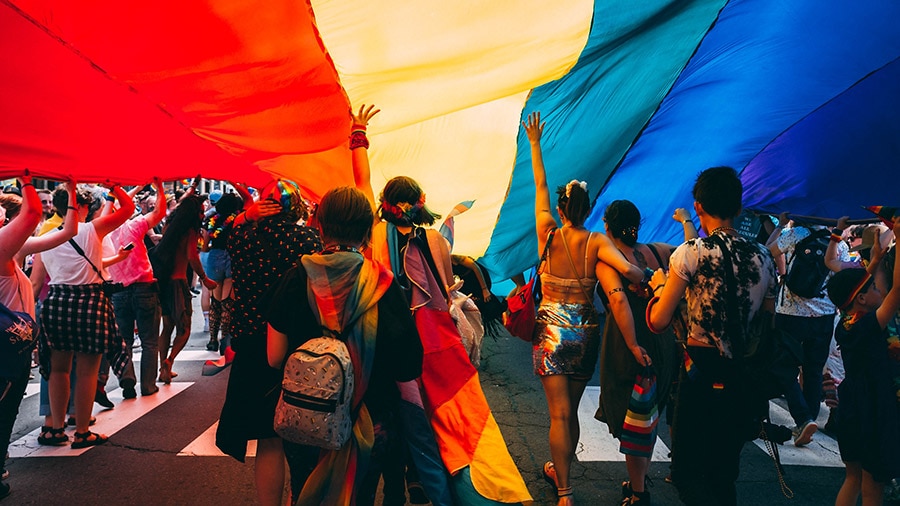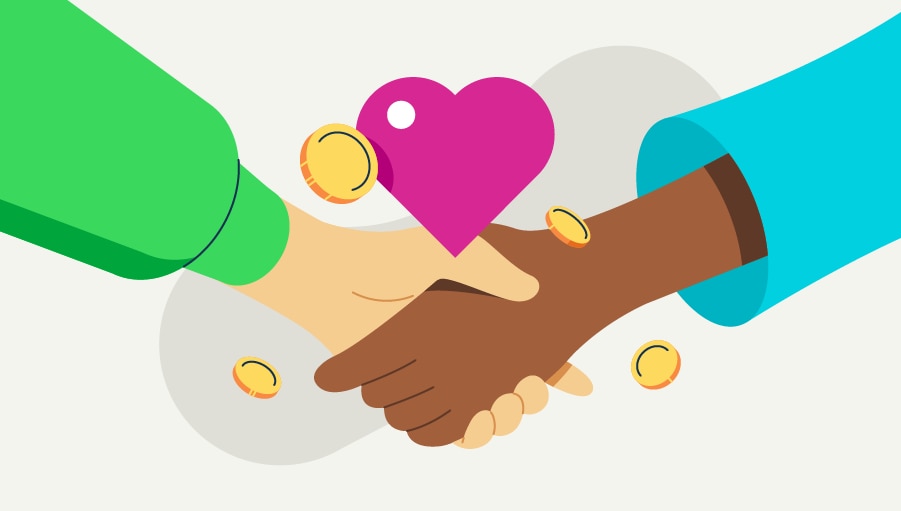On June 28, 1970, activists in New York, Los Angeles, and Chicago presented a united front: the first Pride marches in the country, commemorating the Stonewall Uprising, celebrating the LGBT+ community and, above all, demonstrating the importance of social justice and equal rights. Since then, Pride has grown exponentially; not just across the country, but around the world.
This year, there will be Pride parades in most major cities — June 30th in New York City, June 8th in Washington, D.C., June 30th in San Francisco, and June 11th in Los Angeles — as well as smaller cities and towns across the country.
If you’ve been looking to get your small business involved in your local Pride celebrations — and particularly, a Pride parade, here are a few tips to get started.
First things first: check your motivation
Pride parades are a ton of fun, so it’s no surprise that companies large and small want to take part. But before you sign up to volunteer or sponsor, take a moment to reflect on your company’s mission and goals. Do they align with LGBTQ+ allyship and advocacy?
Jo Trigilio, vice president of Boston Pride for the People — the organization hosting the 2024 Pride Month celebration in Boston, Massachusetts — says it’s important to consider. “My question for most small businesses that want to get involved with Pride is, What is your mission? What's your purpose? Why do you want to get involved? Do you consider yourself an ally?”
Naturally, many small businesses that support Pride have a personal connection to the LGBTQ+ community. “LGBTQ-owned businesses and small businesses that serve the LGBTQ population have always been part of Pride,” says Trigilio. Additionally, some have LGBTQ+ family members or friends they want to support publicly.
But if your business isn’t directly connected to the LGBTQ+ community, that’s okay too. What’s crucial is that as a business, your core principles are in alignment. That means having LGBTQ-inclusive employee policies and benefits, as well as training to help customer-facing employees interact positively with LGBTQ+ individuals.












